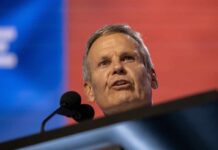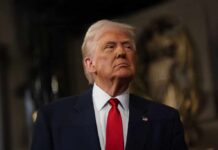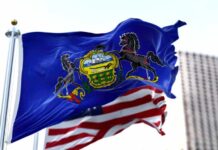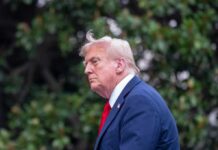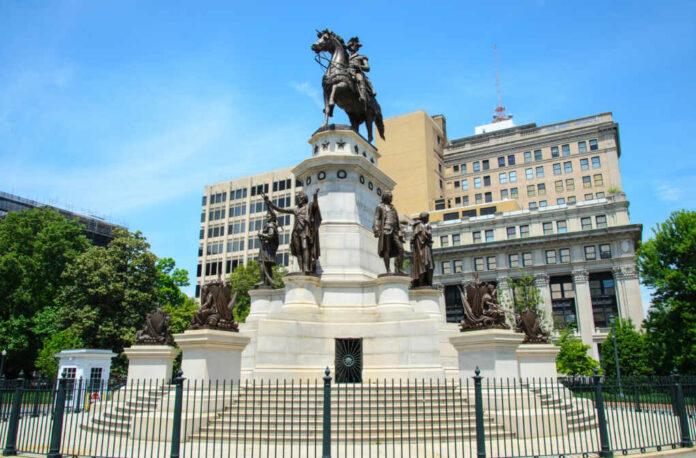
Virginia’s fall from the top spot in CNBC’s “America’s Top States for Business” rankings sends shockwaves through the state as federal job cuts take their toll.
At a Glance
- Virginia fell from #1 to #4 in CNBC’s 2025 state rankings.
- Federal job cuts significantly impacted Virginia’s economy.
- State leaders are reassessing economic development strategies.
- Political figures leverage the situation for policy debates.
Virginia’s Decline in Rankings
Virginia, once a shining beacon in CNBC’s “America’s Top States for Business,” now finds itself grappling with a harsh reality. The state dropped from the coveted #1 spot in 2024 to #4 in 2025. This dramatic fall raises eyebrows and questions about the impact of federal job cuts under the Trump administration. Virginia’s economy, heavily reliant on federal employment, is feeling the sting of these cuts, which have been disproportionately painful for the state.
NEW AD: While Trump’s attacks on Virginia jobs cost the Commonwealth its spot at the top of the CNBC Top States for Business rankings, @winwithwinsome continues to cheer these cuts on.
Virginia is hurting, and Winsome Earle-Sears just isn’t listening. pic.twitter.com/MeTm6FkUw9
— Virginia Democrats (@vademocrats) July 17, 2025
The rankings, a critical measure of state performance across various categories like economy and infrastructure, saw Virginia’s economy category score plummet. Methodology changes by CNBC, which now weigh economic performance more heavily, have exposed vulnerabilities in Virginia’s reliance on federal jobs. State officials, including the Virginia Economic Development Partnership, are scrambling to address these concerns and stabilize the business climate.
Watch a report: America’s Top States for Business 2025: What happened to Virginia?
Impact of Federal Job Cuts
The Trump administration’s decision to cut federal jobs has hit Virginia particularly hard. The state, with its substantial federal workforce, is vulnerable to policy shifts at the federal level. The cuts have not only affected employment rates but have also reverberated through the local economy, impacting everything from real estate to small businesses. This situation has sparked a political firestorm, with state leaders and federal representatives like Congresswoman Abigail Spanberger speaking out against the federal administration’s policies.
Spanberger has been vocal about the need for Virginia to diversify its economy and reduce its dependence on federal jobs. She argues that the ranking drop is a wake-up call and is using it as a platform to advocate for economic reforms and resilience strategies. Her stance highlights the political stakes for Virginia’s leaders as they navigate this challenging economic landscape.
Future Strategies and Political Ramifications
Virginia’s leaders are now in a race against time to salvage the state’s economic reputation. Efforts are underway to leverage Virginia’s strengths in education and infrastructure while addressing economic vulnerabilities. The state is focusing on diversifying its economy to mitigate the impact of federal job cuts. The goal is to create a more resilient business environment that can withstand federal policy changes and ensure long-term prosperity.
Politically, the situation is a hotbed of activity. State and federal leaders are using the rankings to bolster their policy arguments and campaign platforms. The debate over economic policies, federal influence, and state resilience is intensifying, with implications for upcoming elections. Virginia’s future depends on its ability to adapt and evolve in response to these challenges.




